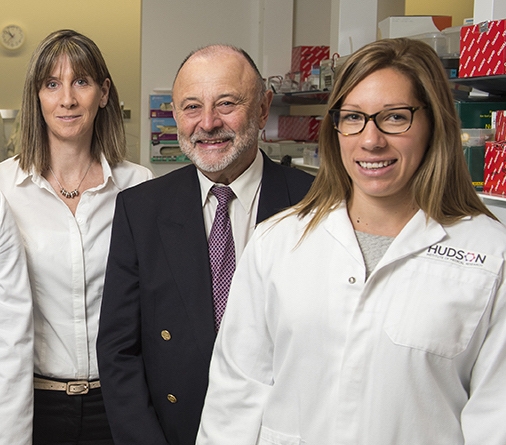Lead researcher
Dr Courtney McDonald
Main finding
Cerebral palsy is a life-long debilitating condition with no cure and very limited treatment options. Stem cells from umbilical cord blood is one promising new therapy. We found there is good data using large animal models of cerebral palsy to support the effectiveness of umbilical cord blood in protecting the brain when it is given within the first few days after birth. Many clinical trials have shown that umbilical cord blood is a safe and feasible treatment for cerebral palsy. However, we still don't know the best time for treating babies who may be suspected of having CP. For this reason, the treatment is given soon after birth or months/ years later when CP has been diagnosed.
Centre
The Ritchie Centre
Research group
Neurodevelopment and Neuroprotection Research Group
Journal and article title
Most surprising
Not much research has been done to investigate mechanism of how umbilical cord blood protects the developing brain from injury. We believe that individual cells found within umbilical cord blood might hold the key to treating brain injury and we are trying to uncover which cells they are in the hope that we can develop a new easily available cell therapy for cerebral palsy.
Future implications
Stem cell therapy, including umbilical cord blood, for cerebral palsy is still in experimental and clinical trial stages. Our research is adding valuable information about the best timing and stem cell types required to treat brain injury in babies.
Disease/health impact
Cerebral Palsy

